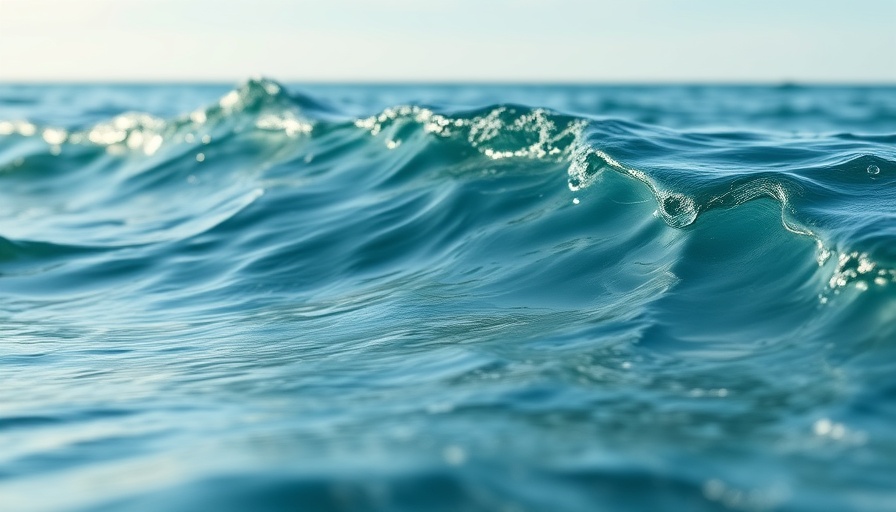
Revolutionizing Marine Aquaculture: Texas A&M's New Center
The recent establishment of the Texas A&M Center for Marine Aquaculture in Corpus Christi signifies a pivotal moment in the realm of sustainable food production in the U.S. With a mission focused on innovation, sustainability, and workforce development, this center aims to position Texas as a leader in the marine aquaculture sector.
Key Objectives for Sustainable Growth
Approved in August by the Texas A&M University System Board of Regents, the center is set to concentrate on four primary areas: breeding and genetics of aquaculture species, environmentally sustainable production methods, ecosystem conservation, and bolstering coastal agriculture. These focus areas aim not only to boost the marine economy but also to promote ecological well-being.
Bridging Research and Practical Application
The center's multidisciplinary approach unites faculty and researchers from Texas A&M University-Corpus Christi, AgriLife Research, and Extension Service, creating an invaluable collaboration. This synergistic effort is designed to accelerate advancements in aquaculture while diversifying species and markets, thus encouraging long-term employment opportunities in coastal communities.
A Future Fueled by Education and Innovation
One of the center’s core initiatives is workforce training. By providing hands-on education in fisheries and marine biology, it prepares the next generation of aquaculture professionals. In its initial phase, the center plans to recruit top-tier scientists and establish sustainable funding through the improvement of aquaculture operations, ensuring that research thrives alongside economic initiatives.
Transformative Impact on Coastal Ecosystems
Juan Landivar-Bowles, director of the Texas A&M AgriLife Center, emphasizes that fostering innovation in marine aquaculture will create sustainable food production pathways while supporting Texas's coastal environments. The dual impact strategy aims not just at economic growth but also at enhancing the quality and health of coastal ecosystems, making this initiative critically important for the future.
Conclusion: A Call to Engage with Marine Sustainability
For those interested in the future of sustainable food systems and the advancement of marine aquaculture, the Texas A&M Center provides a promising outlook. Engaging with this center can open opportunities for research collaboration, education, and job creation in an expanding industry. Whether you’re a student, a professional, or simply an outdoor enthusiast, the center’s initiatives can inspire a new wave of sustainable practices.
 Add Row
Add Row  Add
Add 




Write A Comment